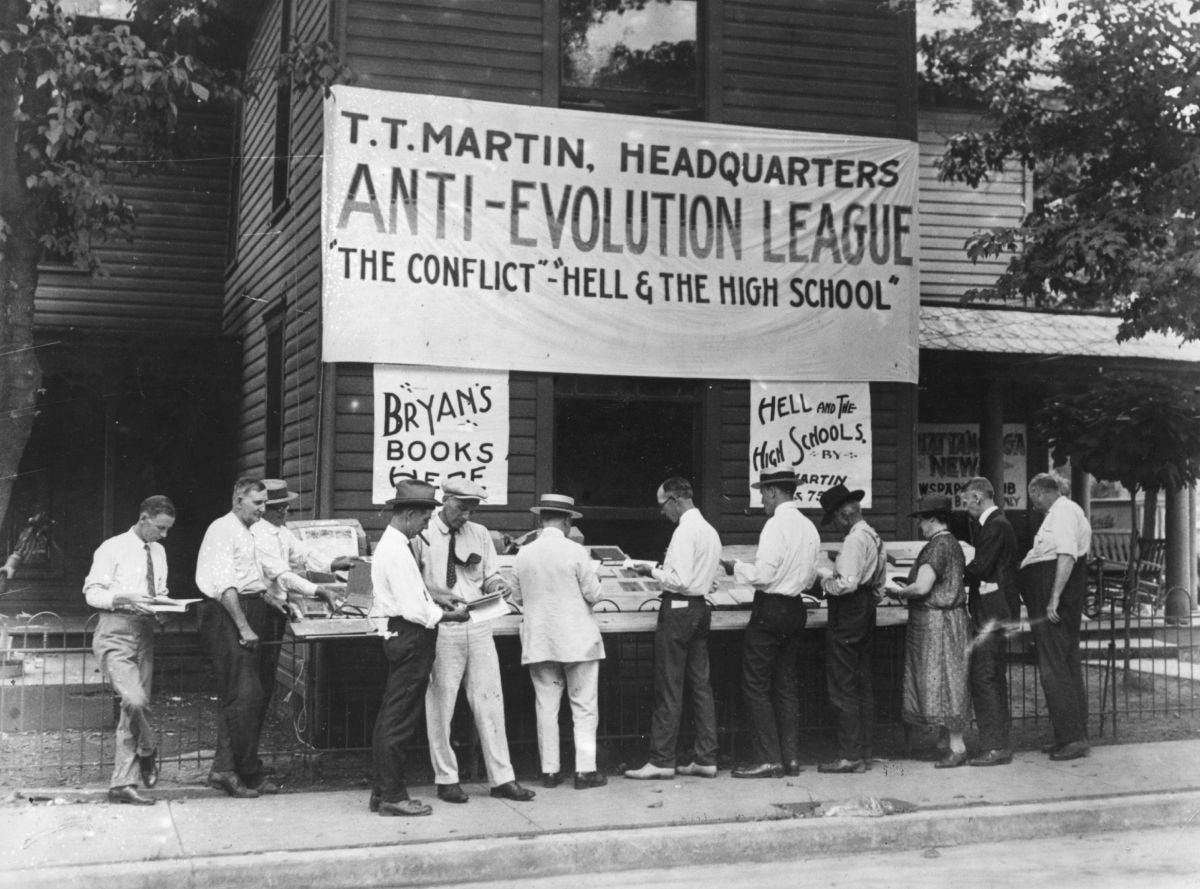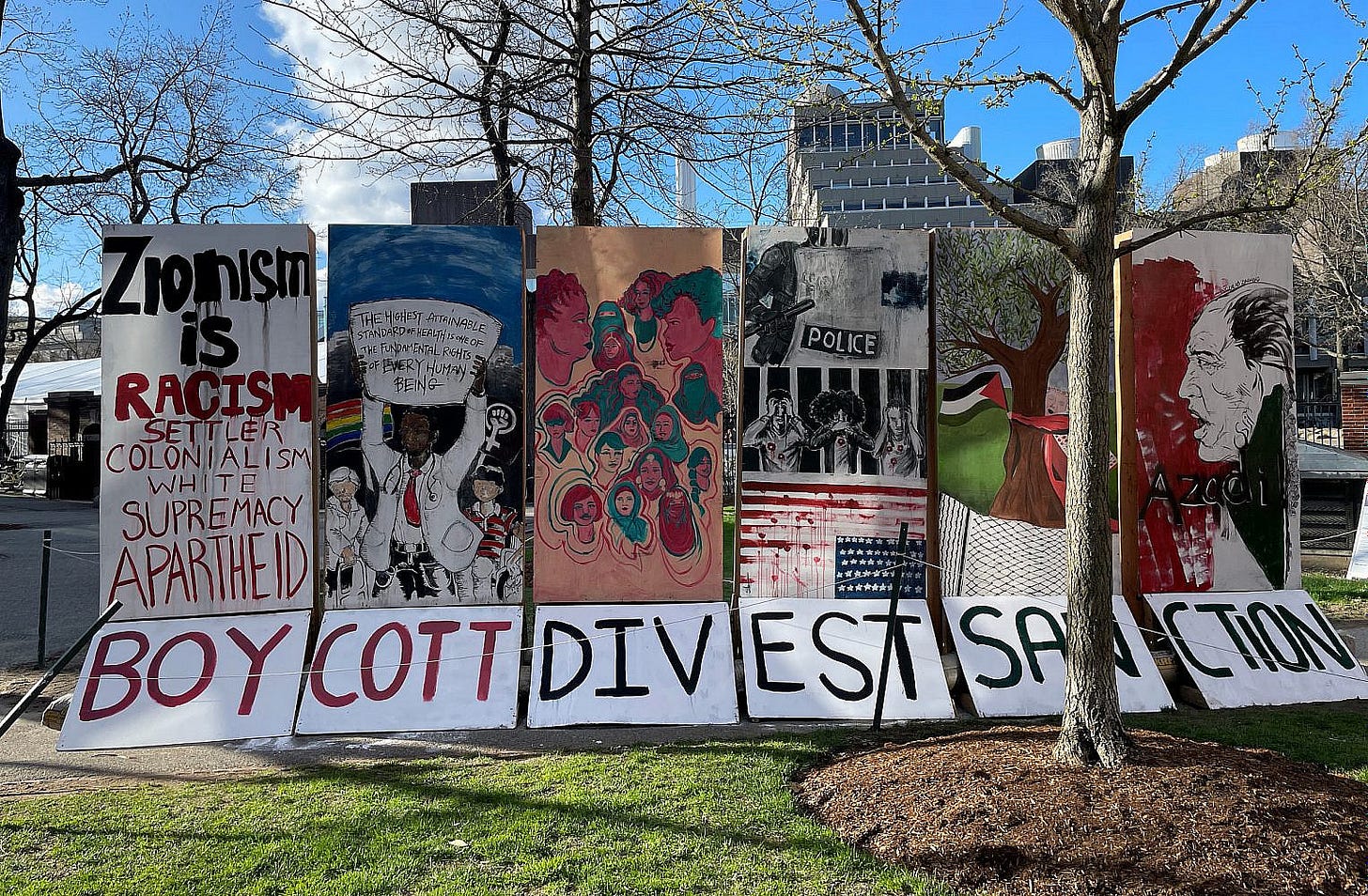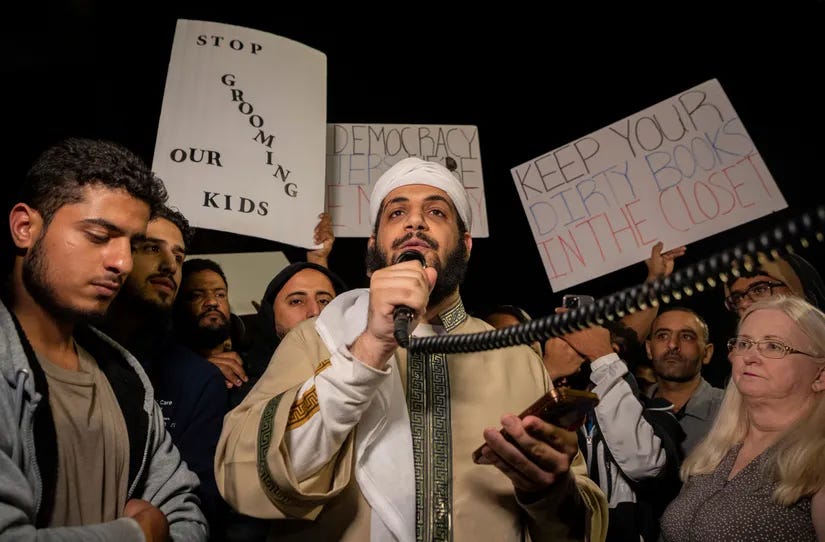The academic world is in an uproar over a New York Times article titled “A Lecturer Showed a Painting of the Prophet Muhammad. She Lost Her Job.”
Erika López Prater, an adjunct professor at Hamline University, said she knew many Muslims have deeply held religious beliefs that prohibit depictions of the Prophet Muhammad. So last semester for a global art history class, she took many precautions before showing a 14th-century painting of Islam’s founder.
In the syllabus, she warned that images of holy figures, including the Prophet Muhammad and the Buddha, would be shown in the course. She asked students to contact her with any concerns, and she said no one did.
In class, she prepped students, telling them that in a few minutes, the painting would be displayed, in case anyone wanted to leave.
Then Dr. López Prater showed the image — and lost her teaching gig.
Officials at Hamline, a small, private university in St. Paul, Minn., with about 1,800 undergraduates, had tried to douse what they feared would become a runaway fire. Instead they ended up with what they had tried to avoid: a national controversy, which pitted advocates of academic liberty and free speech against Muslims who believe that showing the image of Prophet Muhammad is always sacrilegious.
Officials told Dr. López Prater that her services next semester were no longer needed. In emails to students and faculty, they said that the incident was clearly Islamophobic. Hamline’s president, Fayneese S. Miller, co-signed an email that said respect for the Muslim students “should have superseded academic freedom.” At a town hall, an invited Muslim speaker compared showing the images to teaching that Hitler was good.
For many people watching this debate, the tension seems to be between freedom of speech and religious freedom. Both these freedoms are enshrined in the First Amendment of the Bill of Rights.
I disagree with this framing. This controversy has nothing to do with religious freedom. Instead, this controversy is about who has the right to be offended.
Religion is a often a core part of someone’s identity. People have every right to practice whatever religion they want, and to be offended when they see something that goes against their religion.
Take one of the most famous trials in American history, The State of Tennessee v. John Thomas Scopes. It all started when a Tennessee farmer named John Washington Butler lobbied his state legislature to pass a law banning the teaching of evolution in schools. Butler was a fundamentalist Christian that believed evolutionary theory went against the Biblical version of human origination lined out in the book of Genesis. Butler stated that “I didn't know anything about evolution... I'd read in the papers that boys and girls were coming home from school and telling their fathers and mothers that the Bible was all nonsense.”
Nowadays, the vast majority of American Christians believe that humans have evolved over time, either because God planned evolution, or that evolution happened on its own. But back then, many Christians viewed evolutionary theory as incompatible with Christianity, and laws were passed to ban anyone from teaching evolution.
The American Civil Liberties Union decided to fight back. This was back when the ACLU actually stood for free speech, unlike its status today as another appendage of the Democratic Party machine. They offered to defend anyone who openly challenged evolution laws. A science teacher named John Scopes took them up on the offer and deliberately taught a biology textbook that promoted evolution.
The ensuing trial turned into a showdown between two legal titans, William Jennings Bryan and Clarence Darrow. Scopes himself never testified, as the trial became a proxy for the validity of evolution versus creationism, and of the right to academic freedom. After a highly publicized trial, Scopes was found guilty and the Tennessee Supreme Court upheld the law in the ensuing appeal. It took four decades for the U.S. Supreme Court to rule in Epperson v. Arkansas (1968) that anti-evolution laws violated the First Amendment.
More cases involving people being offended followed, like
National Socialist Party of America v. Village of Skokie (1977), where the Court ruled that neo-Nazis had the right to march through a town filled with Holocaust survivors.
Texas v. Johnson (1989), where the Court ruled that burning the American flag was free and protected speech.
Matal v. Tam (2017), where the Court ruled that Asian-American rock band The Slants was allowed to trademark its name despite slant being an anti-Asian slur.
Of course, these cases involved the state, while Hamline University is a private institution. Even then, one can see how being offended is a natural human instinct, and how many offended people will try to ban that speech.
Being offended is a bipartisan sport. Evangelical right-wingers in the 2000s tried to ban J.K. Rowling’s work. Nowadays, trans activist left-wingers are trying to ban J.K. Rowling’s work. It’s crazy to see how Rowling swapped detractors and defenders, and it shows how quickly people can change sides on someone based on what they are offended by.
And that brings me back to the Hamline firing. Because Muslims are seen as an oppressed group under the progressive stack, Muslims being offended carries more weight than other religious people being offended.
A Christian creationist might be offended that Hamline presumably teaches evolution. But imagine if that creationist tried to call for firing a professor that teaches evolution. How well do you think that would go down?
Many Jewish students consider the BDS movement to be anti-Semitic. Yet what would Harvard say if students asked for these BDS monuments to be banned on campus?
What about when Oberlin allowed professor Joy Karega to make anti-Semitic comments for over a year before putting her on leave?
And that’s the real takeaway from this whole Hamline controversy.
It was never about being offended in general. It was never about religious freedom. It was about the right people being offended.
As of now, Muslims are still on the oppressed side. But looking at these photos of a school board protest over LGBT-themed books in Muslim-heavy Dearborn, Michigan, I don’t know how long that can last.











I don't think anti-Woke Muslims are a problem for most Woke people. Woke people treat Muslims like children. That's why Muslims are supposed to be so sensitive. Whatever they do, it is because they don't know better.